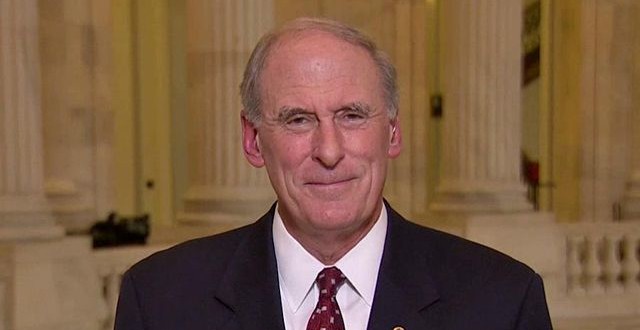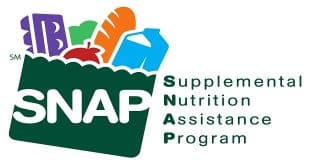WASHINGTON, DC – Senator Dan Coats (R-Ind.) today discussed opioid abuse in Indiana and across the country during a Senate Finance Committee hearing that examined ways to address drug abuse problems across the United States.
“This clearly is a national crisis,” said Coats. “The federal government does not have a single bullet solution, but we need to work in coordination with our states and local communities.”
During the hearing, Coats called for a balanced approach to address the country’s chronic pain epidemic. Coats said the right approach recognizes both the over-prescription of opioids, which leads to subsequent abuse and diversion issues, and the need to ensure patient access to appropriate pain management treatments. Video footage of Senator Coats speaking during the hearing is available here.
Coats is a cosponsor of the Stopping Medication Abuse and Protecting Seniors Act (S.1913), bipartisan legislation that would authorize Medicare Advantage and Medicare Part D insurance plans to use a “lock-in” tool requiring a beneficiary with a history of drug abuse to use a single pharmacy and prescriber for opioids. This proposal would help reduce doctor shopping and empower physicians and insurance plans in assisting at-risk beneficiaries find substance abuse treatment. The Government Accountability Office (GAO) estimates 170,000 Medicare beneficiaries are likely addicted to, or fraudulently diverting, powerful prescription opioids.
Senator Coats also is a cosponsor of the bipartisan Comprehensive Addiction and Recovery Act (CARA). This legislation would improve the nation’s response to addiction by creating an interagency task force to develop best practices for opioid prescribing and authorize grant programs to counter and treat opioid addiction. The CARA bill reported by the Senate Judiciary Committee earlier this month includes a provision originally offered by Senator Coats and Senator Richard Blumenthal that would allow all individuals authorized by the State to write prescriptions for controlled substances, such as physician assistants and nurse practitioners, to access state prescription drug monitoring programs (PDMPs) to reduce drug abuse.






